By Yamil Inotroza. Leer en español. Ler em português.
In May of this year, Stuart Anderson, Executive Director of the National Foundation for American Policy, published an article for Forbes where he asked the following question: «A worldwide debate has emerged over religion and freedom of speech. And who, by example, has become America’s best advocate for free speech? The surprising answer may be the Church of Jesus Christ of Latter-day Saints.»
To explain the reason behind his answer, Anderson points to the reaction of the Church, and it’s membership in general, toward the offensive Broadway production of, «The Book of Mormon» in distinction with tragedies like the Charlie Hebdo massacre where 12 people died at the hands of Islamic extremists for cartoon depictions of the prophet Muhammad and the other fatal attack where two people were killed in Texas for the same reason. There are also other sad examples (some more tragic and some less) that could be mentioned from the great religious spectrum.

«The Book of Mormon» is a satirical musical written by the creators of South Park, in which the the worldwide missionary labor and teachings of the Church, along with it’s history are ridiculed. In and of itself, naming a musical after a sacred book of a religion is grounds for provocation.
Faced with such a situation the Church could have been seen as justified if each member, from the Prophet down to the last neophyte had reacted indignantly; giving way to official declarations of repudiation as well as legal action. How exactly then, did the Church respond?
Anderson also asks in his article, «And what was the reaction of the hierarchy of the Church of Jesus Christ of Latter-day Saints to mining their religion for laughs? Did they condemn the play? Did they seek to pressure venues or cities not to allow it to be performed? Did Mormons threaten violence against anyone? No, Mormons did not do any of those things.»
«In fact», says Anderson, «the church placed amusing advertisements in the playbills. One such ad tells audience members: You Saw the Play, Now Read the Book (The Book is Always Better).'» In these same ads they placed a QR code that directed people to an exclusive page on mormon.org about the Book of Mormon.
Maybe Anderson didn’t know it, as there was no mention of it in his article, but in other places, like Alabama, missionaries of the Church positioned themselves at the exit of the theater where the musical was playing and gave away copies of The Book of Mormon. Richard Hanks, president of the Alabama Birmingham mission told a local newspaper that the missionaries had distributed 2,400 copies of The Book of Mormon during seven days of the show.

The author highlights that the attitude of the Church was consistent with the declaration that it gave through the Public Affairs Department, which said, «The production can attempt to entertain the audience for a night, but The Book of Mormon, as a volume of sacred scripture, can change the lives of people forever and bring them closer to Christ.»
Anderson also comments that the leaders of the Church understand that the same freedom that allows the musical is the freedom that guarantees the right to freely practice religion
There is no doubt that this musical was a serious insult with a lack of respect, but the reaction of the Church was not to return the insult in this same way, but to recognize the freedom and the right of the other party as well as recognize the situation as an opportunity to invite others to come unto Christ.
Why do some consider that the Church has become a defender of freedom of expression? Because freedom of expression is intimately related with religious freedom as well as freedom of thought.
Elder Dallin H. Oaks of the Quorum of the Twelve Apostles warned, that «we live in a time of diminishing freedom of speech». In these same times that prophets and apostles are travelling the world defending these rights just as Elder Jeffrey R. Holland did in California, Elder D. Todd Christofferson did in Brazil, Elder Quentin L. Cook in Australia, the deceased Elder L. Tom Perry in Utah, as well as Elder Oaks in Aregentina, and others in countless places around the world.

Defining what is religious freedom, the Church explains that,»Contrary to what some may assume, religious freedom is not simply the freedom to worship or to believe the way one chooses, though these are essential parts of it. At the most fundamental level, religious freedom is the human right to think, act upon and express what one deeply believes, according to the dictates of his or her moral conscience. In fact, religious freedom has always been understood in conjunction with freedom of conscience» The freedom of expression is part of all of this since it guarantees the right to manifest that which one believes or conscience.
These freedoms allow the preaching of the Gospel through missionary work, Sunday worship in chapels and worship in Temples as well as observing the commandments and standards of the Church in the home and in public.

The Church has given another declaration that could serve Stuart Anderson as well as all people to help understand why members of the Church of Jesus Christ of Latter-day Saints are good defenders of religious freedom:
«Mormons cherish religious freedom by virtue of both their history and their faith… Like Joseph Smith, Mormons want to see these freedoms preserved and protected for all. At a time when challenges to religious freedom are increasing, it is the responsibility of all people of faith and conscience to understand and to advance this fundamental human freedom for themselves and their neighbors. Mormons find they have ample reason to keep this charge.»



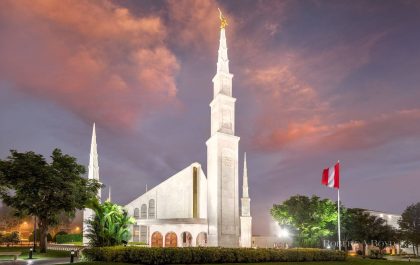
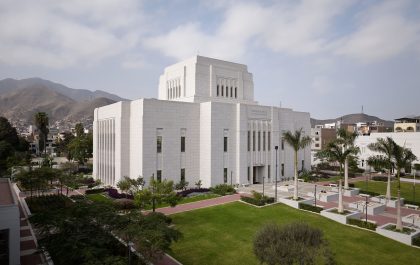

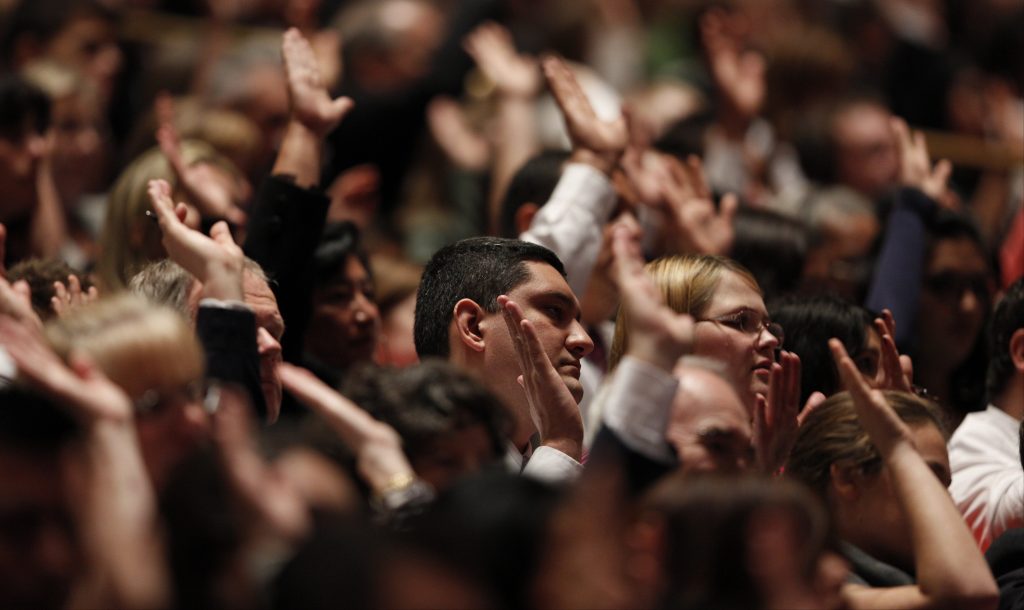
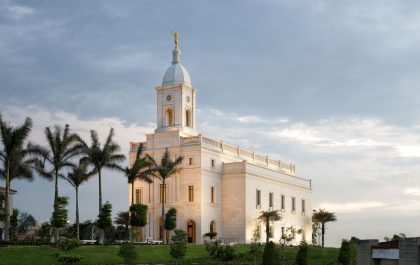
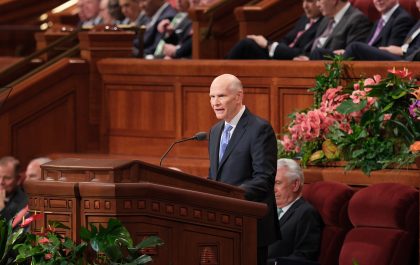

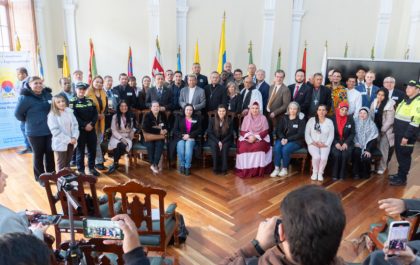


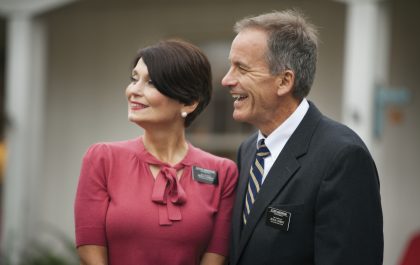
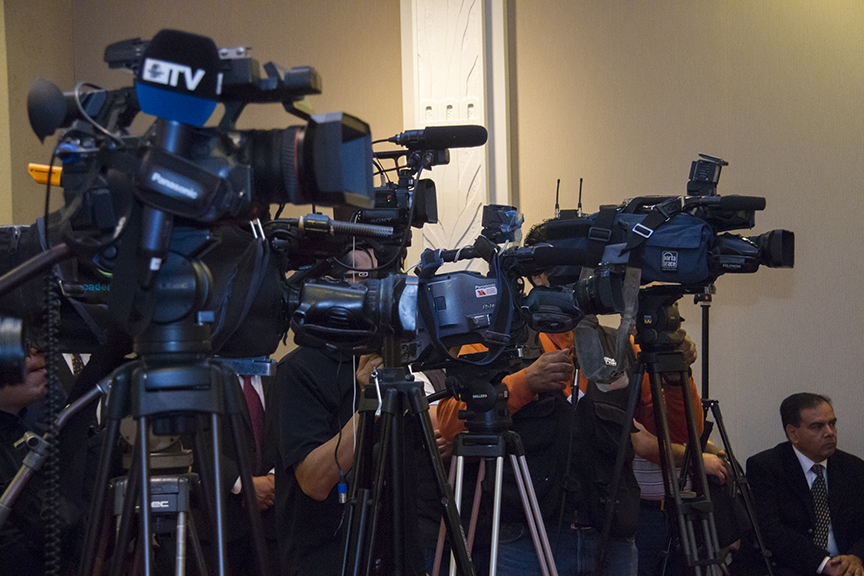
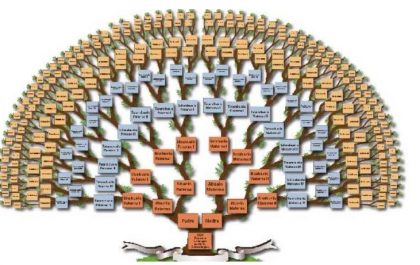
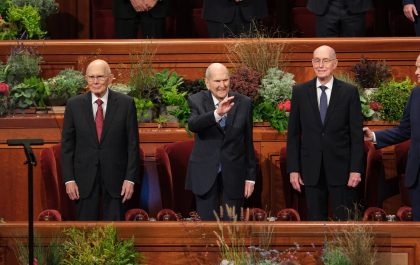

[…] Forbes: Are Mormons the best defenders of Freedom of Expression? | El Faro Mormón en Forbes : ¿Son los mormones los mejores defensores de la Libertad de Expresión? […]